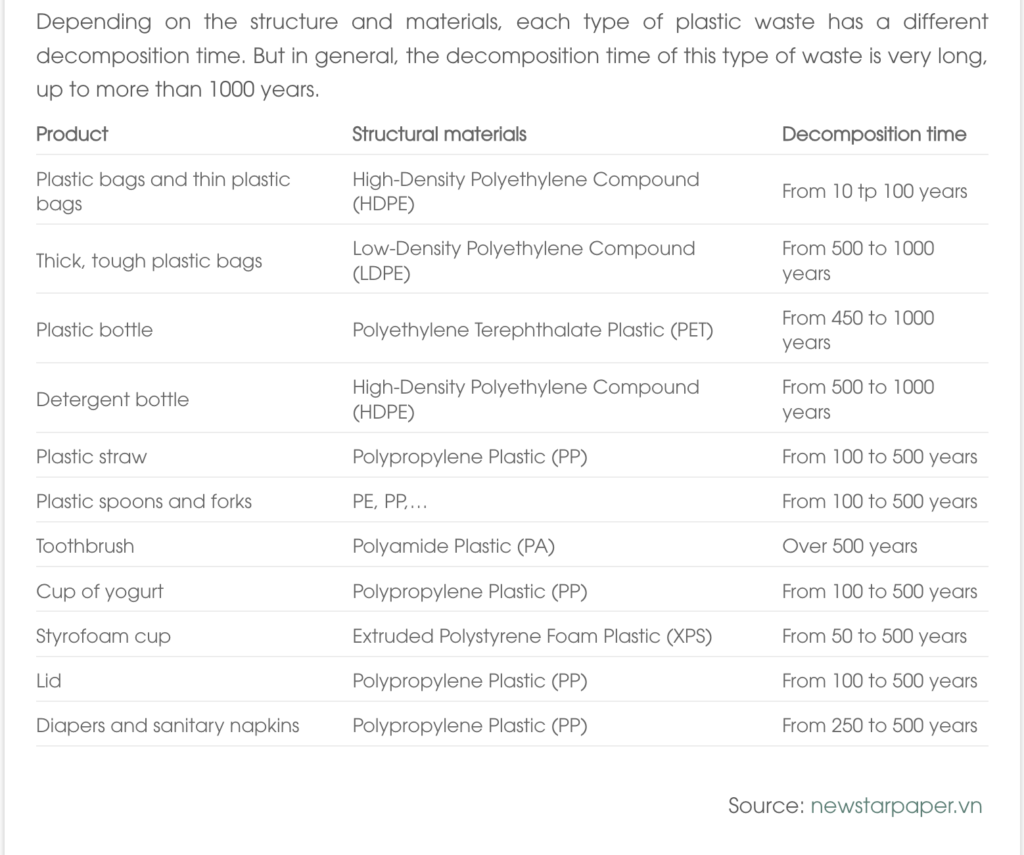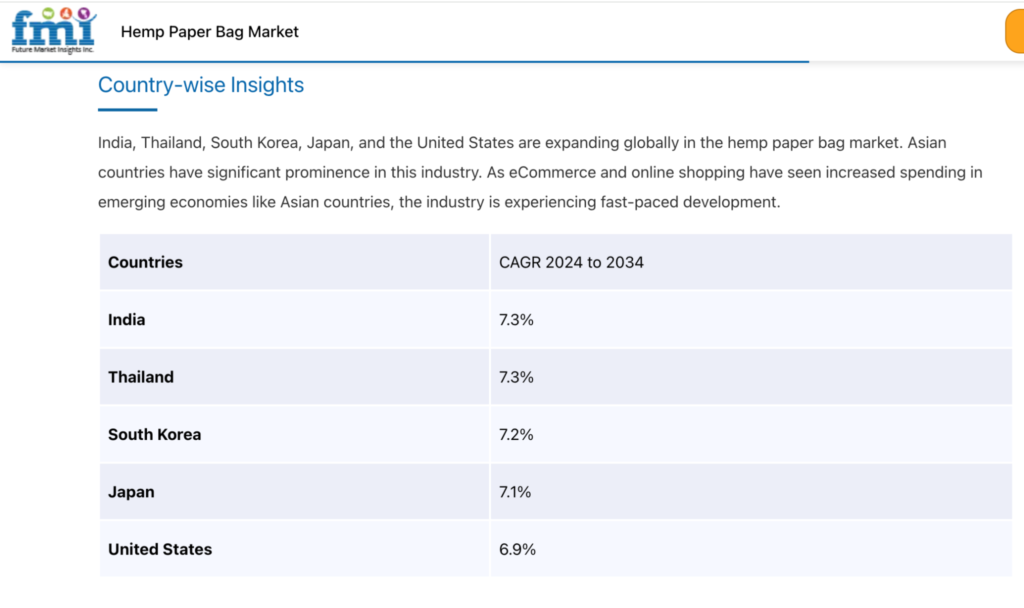When your product reaches your customer’s doorstep, what is the first thing they see?
It’s the packaging.
Packaging is exciting.
It tells your brand story and builds anticipation of what’s inside.
But have you ever thought about the fate of all those extra plastics, once the package is ripped and tossed aside?
As a growing e-commerce business, you are likely trying to reduce your carbon footprint. So imagine this: A world where every package that goes out of your office and warehouse is biodegradable.
No plastic waste. No overflowing landfills.
Luckily, this is no longer a far-fetched dream, but an option many companies are choosing to turn into reality. How? By embracing hemp courier bags.
What is sustainable e-commerce packaging?
Sustainable e-commerce packaging isn’t just another jargon for being eco-conscious. It’s more akin to choosing a timeless wardrobe over fast fashion. It is all about using environmentally friendly materials.
Recycled paper, biodegradable plastics, recycled cardboard, and biodegradable wraps reduce waste and pollution. Sustainable packaging also includes using boxes or wraps just the right size for the product.
Popular alternatives to plastic for sustainable e-commerce packaging
Some popular sustainable and eco-friendly courier bags include paper, cornstarch and even mushroom packaging. But despite all the buzz, none of these options quite make the cut in terms of sustainability.
While paper and cornstarch are the new-age influencers of the biodegradable world, there’s a catch. They may be popular but they are flimsy and not always reliable. They also require more resources to grow.
That is why we believe hemp is the present and future of sustainable packaging.
Why choose hemp courier bags for your e-commerce business?
Switching to hemp courier bags as your packaging material of choice speaks to both sustainability and durability. Consider this: hemp requires minimal water, pesticides and fertilisers, making it far more sustainable than other eco-friendly packaging materials.
Additionally, the tensile strength of hemp is around 600 MPa, making it one of the strongest fibres in the world. On the other hand, polypropylene plastic (used in packaging), has a tensile strength of around only 35 MPa.
The higher tensile strength allows hemp shipping bags and hemp courier bags to endure rough shipping conditions and accidental wear and tear. This speaks volumes about the durability of hemp-based packaging materials.
Hemp bioplastic is also one of the fastest biodegradable materials available to us, decomposing in a matter of 6 months to a year, without releasing any toxic materials. Compare this to polypropelene or polyethylene plastic, which takes anywhere from 10 to hundreds of years to degrade completely. On top of that, polypropylene releases cadmium, a known carcinogen, as it degrades.

When it comes to versatility, industrial hemp is a hard hitter. You can use it to ship clothing, books, electronics and even fragile items. It can also be printed, dyed or customised according to both your premium and budget packaging needs. The fibres are resistant to UV rays and mould, making it the ideal packaging choice for all weather and seasons.
The environmental impact of switching to hemp courier bags
You must have heard that hemp sequesters CO2. But, what does that mean?
Say, the air is full of carbon dioxide like a balloon about to burst. Sequestering CO2 is like sucking in all that CO2 and storing it safely in the ground, trees, or oceans so the Earth can breathe easier and stay cooler.
Hemp absorbs a lot of CO2 from the air as the crop grows, and stores it in its fibres. On average, hemp can absorb 15 tons of CO2 per hectare in a single growing season. These plastic-free shipping materials go a long way in reducing the impact of carbon emissions worldwide.
The butterfly effect of choosing hemp courier bags
We have talked about how hemp is a great alternative to plastic-free shipping materials. Especially if you are looking to build a sustainable, long-term relationship with your packaging. But, it also has another advantage. Every reusable hemp courier bag you use creates a ripple effect, inspiring others to rethink their packaging choice too. Building a green world doesn’t get simpler than this.
The rise of hemp courier bags in India
Now for some serious data. In 2023, the global industrial hemp market was valued at USD 5.49 billion. It is expected to grow at a CAGR of 17.5% from 2024 to 2030.
The diagram below highlights India’s expected contribution to the global market, estimated at a CAGR of 7.3% from 2024 to 2030.

And here is another chart that states the obvious. Globally the market for hemp-based recyclable packaging material is showing a keen uptrend in the upcoming decade.

But there is a catch.
Despite its obvious benefits, the lack of infrastructure and processing units in many regions makes it challenging for entrepreneurs to adopt hemp-based packaging.
Also, when it comes to India, our regulatory framework gets a bit complex for industrial hemp production. Here is why.
Hemp and marijuana belong to the same cannabis sativa plant family but differ widely in their intoxicating properties. This is where the confusion comes in.
While marijuana cannabis is known to have 5% to 30% of THC (the psychoactive compound), hemp cannabis on the other hand is supposed to contain less than 0.3% of THC, making it safe for industrial use.
The NDPS Act of 1985 categorises cannabis as a Schedule I drug, due to its high concentration of THC. However, it allows for the cultivation of hemp for industrial purposes, provided the THC level is below 0.3%.
The lack of awareness among farmers, policymakers and the general public surrounding the difference between marijuana and hemp leads to a social stigma in adopting widespread cultivation of hemp. However, recent years have seen a lot of policymakers and entrepreneurs bridging the misinformation gap and dispelling the negative connotations attached to the crop.
In 2018, Uttarakhand stepped up as the first state to legalise industrial hemp production. Since then, other states like Himachal Pradesh, Uttar Pradesh, Madhya Pradesh, and Bihar have been trying to join the bandwagon. It could be our next “Green” revolution, don’t you think?
Future of hemp as biodegradable courier packaging
Green delivery solutions are not just a trend, but the need of the hour. Although industrial hemp is more of an underdog in the current Indian packaging industry, that is soon set to change. The global need to switch to more sustainable alternatives is setting green flags all over for the expansion of India’s hemp market.
In a country where e-commerce is booming, reusable hemp courier bags offer a win-win solution. As regulations around hemp cultivation continue to relax, more businesses are turning to greener packaging options. After all, the only thing that should last forever is your brand’s reputation, not its packaging waste.


